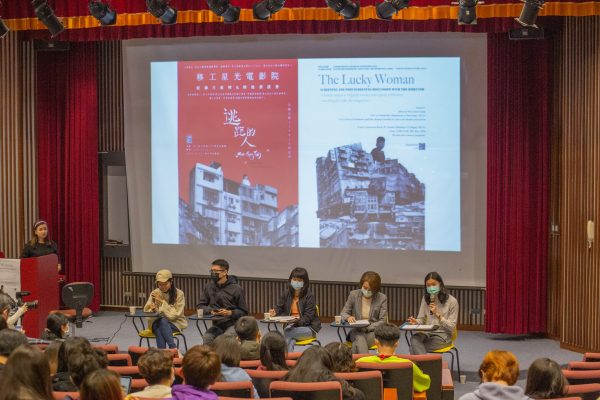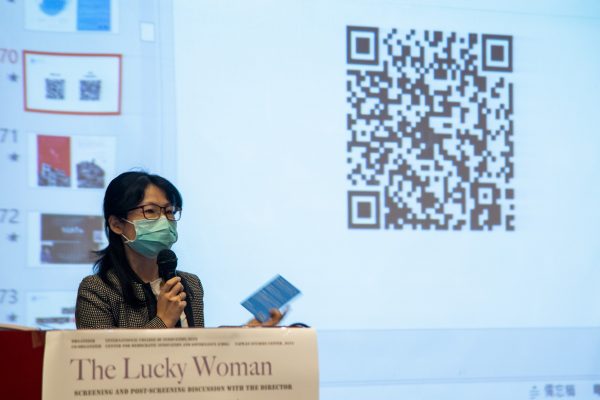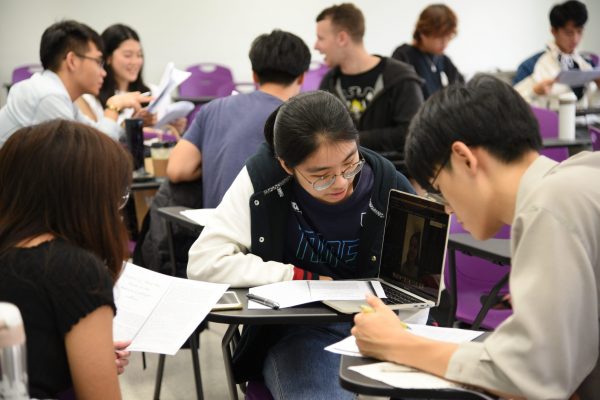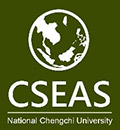1. Course Rational and Direction
From climate change, renewable energy, diverse environmental values, sustainable cities to resilient societies, we currently face increasingly complex matters and challenges.
The “Sustainability and Society (SS)” track attempts to address these key contemporary issues concerning both environment and society, emphasizing the importance of understanding the co-production of Nature, Culture and Society. Thus our analytical approach starts from a more-than-human perspective to explore the multi-layer relationship among environments, energy , technoscience, urban cities and spaces.
We aim to equip students with the knowledge and competencies for an in-depth understanding of the root causes of problems facing us, to mitigate environmental risks, and explore the potential for civic participation and how to hold public accountability. The “Sustainability and Society” track covers various topics, incorporating diverse approaches of social sciences and interdisciplinarity. Building on such foundational knowledge, the “Sustainability and Society” track is structured around four main themes —relationships between science, technology, and society; values and conflicts in contemporary environmental issues; spaces, places, and their connections; and global civil society—around them we developed theme-based courses.
2. Specialized Course Design
The “Sustainability and Society” track’s course design is conducted in two phases. In the first and second years, students will build up a multidisciplinary social science foundation, including mandatory courses: Introduction to Global Studies in the first year and Research Methods in the second year, along with anthropology, sociology, human geography, and science and technology studies.
This foundation will cultivate students’ sensitivity to various aspects such as environment, materiality, knowledge, technology, urbanism, and space; and prepare them for advance thematic courses designed for third and fourth year students, including Technoscience, Society & Culture, Technoscience, Society & Controversies, Sustainable Development and Urban Politics and Design for Social Innovation. These courses not only establish a multilayered understanding of environmental sustainabilities and the complicity of society for students; they also provide methodologies to develop practical skills through in-depth analysis, interdisciplinary dialogue, innovative problem-solving, and hands-on Capstone project.












